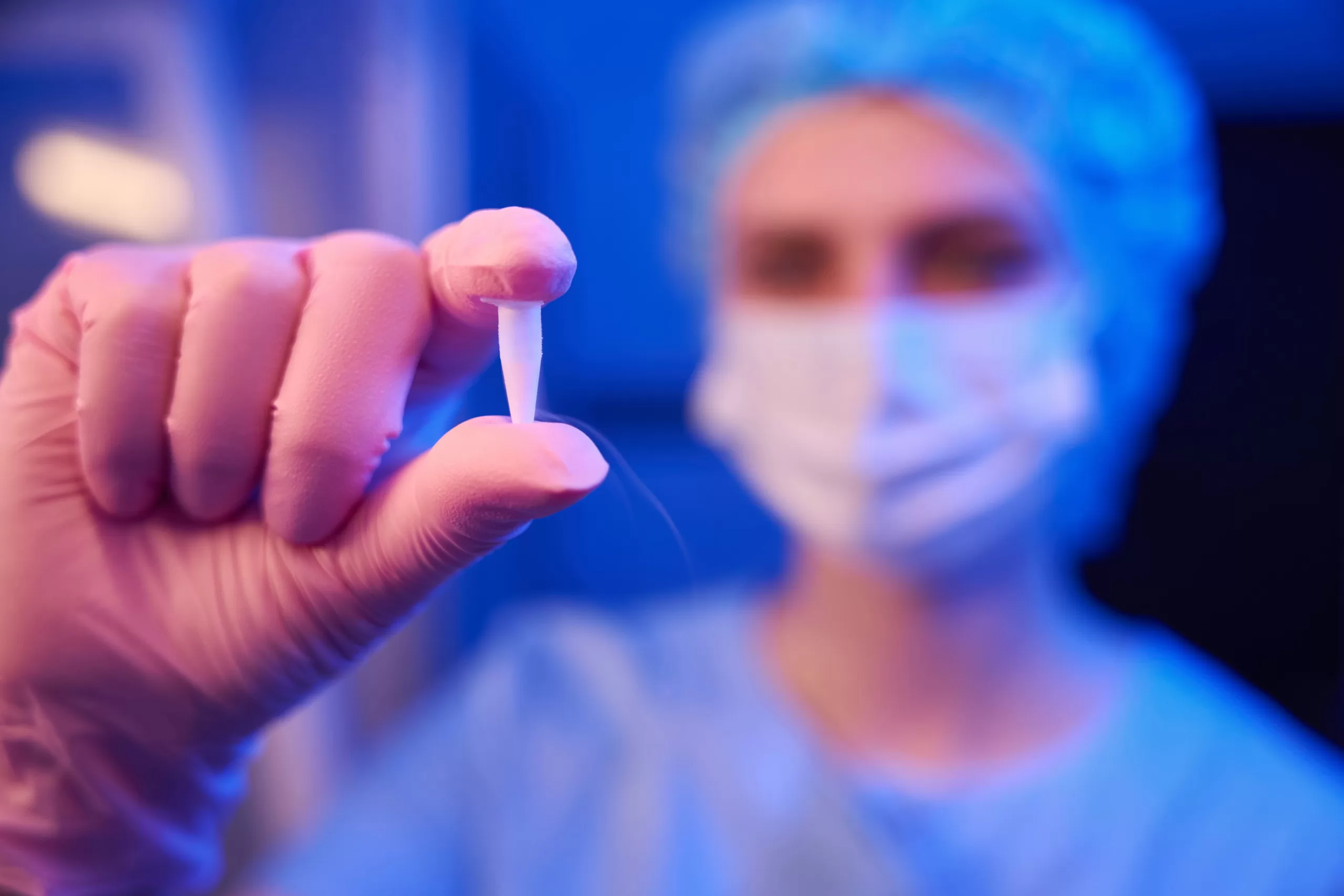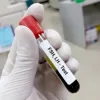
How Does Cryopreservation Work? What You Need to Know
Cryopreservation has revolutionised fertility treatments, offering individuals and couples the chance to preserve their reproductive potential for the future. Whether you’re considering cryopreservation in IVF or looking to understand the egg cryopreservation process, this guide will walk you through the essentials of this technology and its applications in fertility preservation.
What is Cryopreservation?
Cryopreservation is a process that involves freezing biological material at extremely low temperatures to maintain its viability for future use. In the context of fertility, it’s a method used to freeze eggs, sperm, and embryos, enabling them to be stored for extended periods without degrading their quality. This process is essential for various fertility treatments, especially in vitro fertilisation (IVF).
The goal of cryopreservation fertility is to give individuals the flexibility to delay pregnancy, either due to personal reasons or medical conditions that may affect their reproductive health. For instance, those undergoing cancer treatment, which can impair fertility, might opt for embryo cryopreservation or egg freezing to preserve their ability to conceive later in life.
The Egg Cryopreservation Process
The egg cryopreservation process is a critical part of fertility preservation. This process allows women to freeze their eggs at a younger age when they are more viable, offering a higher chance of successful pregnancy later.
- Ovarian Stimulation: Before eggs can be frozen, the ovaries must be stimulated to produce multiple eggs. This is done through hormone injections over about 10-14 days.
- Egg Retrieval: Once the eggs mature, they are retrieved from the ovaries using an ultrasound-guided needle. This procedure is typically performed under sedation.
- Vitrification: The retrieved eggs are then rapidly frozen using vitrification. Vitrification involves using cryoprotectants to prevent ice crystal formation, which can damage the eggs during freezing.
- Storage: The vitrified eggs are stored in liquid nitrogen at around -196°C. They can remain in storage for years without losing their viability.
When the woman is ready to use her frozen eggs, they are thawed and fertilised with sperm, and the resulting embryos are transferred to the uterus in a process known as cryopreserved embryo transfer.
Embryo Cryopreservation
Embryo cryopreservation is a similar process but involves freezing embryos rather than eggs. This method is often used when there are surplus embryos after an IVF cycle. By freezing these embryos, couples have the opportunity to use them in future cycles without going through the entire IVF process again.
The steps involved in embryo cryopreservation are:
- Fertilisation: After retrieving eggs, they are fertilised with sperm in the lab to create embryos.
- Embryo Development: The embryos are allowed to develop for a few days, usually to the blastocyst stage, before being frozen.
- Vitrification: Like egg freezing, embryos are vitrified to prevent ice crystal formation and preserve their quality during storage.
- Storage: The embryos are stored in liquid nitrogen until they are needed for a cryopreserved embryo transfer.
The Benefits and Considerations of Cryopreservation Fertility
The benefits of cryopreservation fertility are numerous, but it’s essential to be aware of the considerations and potential risks involved:
- High Success Rates: Advances in vitrification have significantly improved the survival rates of frozen eggs and embryos, with many clinics reporting survival rates of over 90% for vitrified eggs and embryos.
- Future Flexibility: By freezing eggs or embryos, individuals and couples can delay pregnancy until they are ready, whether for medical, professional, or personal reasons.
- Legal and Ethical Considerations: Understanding the legal aspects of cryopreservation is essential. Patients must complete consent forms that specify the duration of storage, the use of embryos, and what should happen in the event of death or if embryos remain unused.
- Emotional Impact: Deciding to freeze eggs or embryos is a significant emotional decision. It’s crucial to thoroughly discuss with fertility specialists and counsellors to ensure that all factors, including future use and potential outcomes, are fully understood.
What to Expect During Cryopreserved Embryo Transfer
When the time comes to use the frozen embryos, the process involves a cryopreserved embryo transfer. This procedure is similar to a fresh embryo transfer but without the need for ovarian stimulation and egg retrieval.
- Thawing: The frozen embryos are carefully thawed, and their viability is assessed. Not all embryos survive the thawing process, but those that do can be used for transfer.
- Transfer Preparation: The woman’s uterus is prepared to receive the embryo, usually with hormone treatments to thicken the uterine lining.
- Embryo Transfer: A thin catheter transfers viable embryos into the uterus. The procedure is typically quick and painless.
- Pregnancy Test: After about two weeks, a pregnancy test is performed to determine if the transfer was successful.
At IVF London, we understand fertility preservation’s emotional and physical complexities. Our team of experienced specialists is dedicated to providing personalised care, using the latest technology in cryopreservation in IVF to ensure the highest success rates. With our state-of-the-art facilities and compassionate approach, we are committed to helping you achieve your family-building goals whenever you’re ready. Trust IVF London to guide you through every step of your fertility journey.




